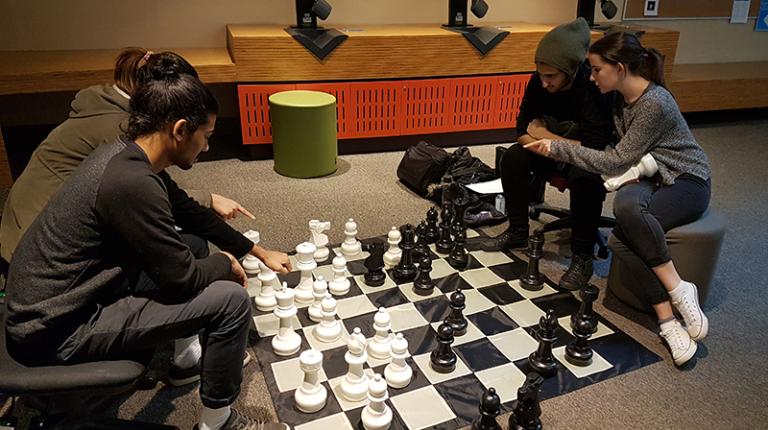The University of Adelaide (UoA) was founded in 1874 with a noble goal: to prepare, for South Australia, young leaders shaped by education, rather than birth or wealth, in a settlement free of old-world social and religious inequalities.
By every measure, the University of Adelaide—a member of Australia’s prestigious Group of Eight research-intensive universities—stands tall among the world’s leading institutions of learning and innovation.
WORLD RANKINGS
The University of Adelaide is consistently ranked in the top 1% of the world’s universities. UoA is recognised globally as a leading research university.
This is measured by the best-known world university ranking methodologies available – Times Higher Education, QS World University Rankings and the Academic Ranking of World Universities (ARWU).
The University of Adelaide ranked 106 in the 2021 QS World University Rankings.
Adelaide is the only university in South Australia ranked inside the top 250. Published annually, the QS World University Rankings provides an index of the world’s leading higher education institutions based on six performance indicators. The ranking features 1,011 universities in 85 countries.
Adelaide ranked 118 in the 2021 Times Higher Education world university rankings.
The Times Higher Education world university rankings lists the best global universities as judged across all of their core missions – teaching, research, citations, industry income and international outlook.
The University has four campuses. Three in South Australia at North Terrace, Waite and Roseworthy and one in Melbourne, Victoria.

UoA continues to deliver on quality of learning and teaching and service to its community.
The University is organised into five academic faculties:
-
Faculty of Arts
-
Faculty of Engineering, Computer & Mathematical Sciences
-
Faculty of Health and Medical Sciences
-
Faculty of the Professions
-
Faculty of Sciences
LEARNING AND TEACHING

UoA is committed to excellence providing a student experience of the highest quality. The Student Learning Portfolio supports excellence in all areas of learning and teaching.
UoA continually seek to enhance teaching and assessment by educating the staff about best practice, providing opportunities for professional development and recognition, and implementing the latest in digital tools.
UoA IS focused on ensuring students continue to develop the necessary knowledge and graduate attributes that will equip them to make a real difference in an ever-evolving world.















